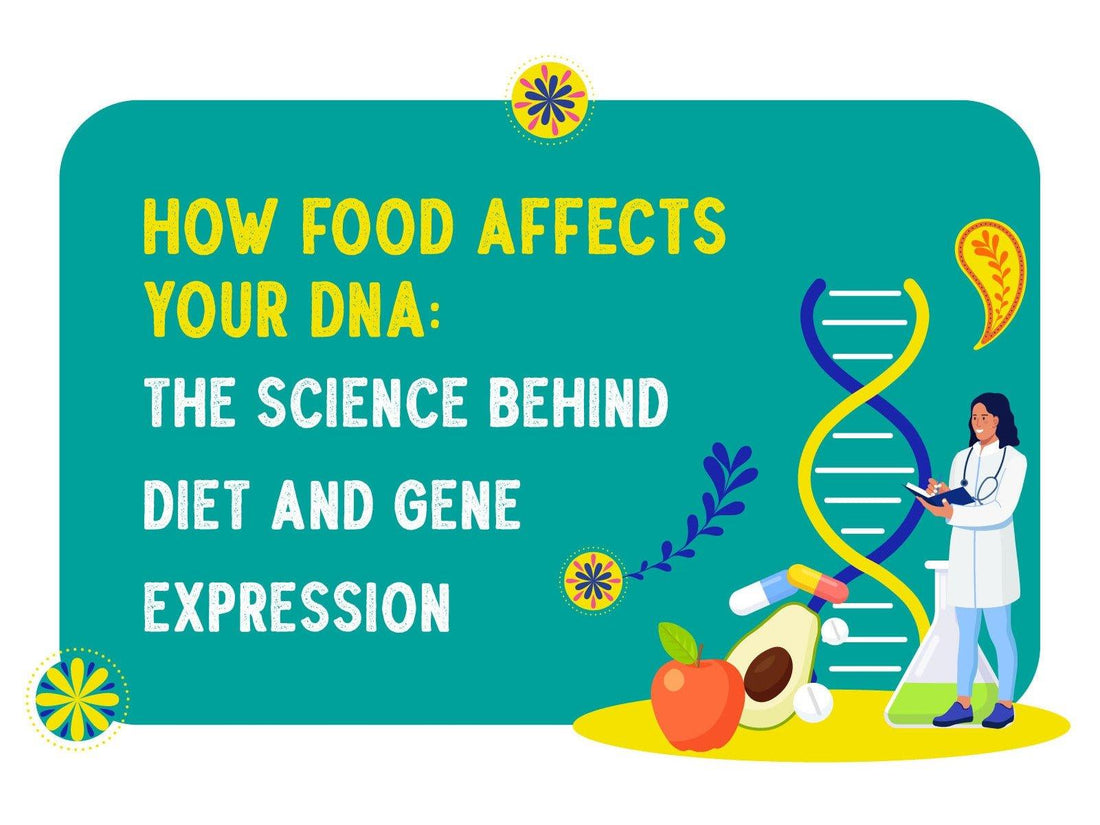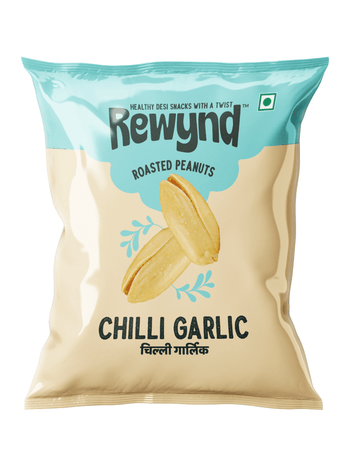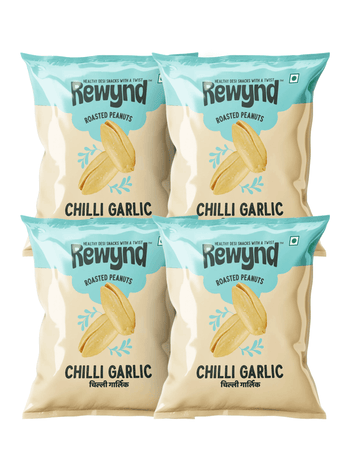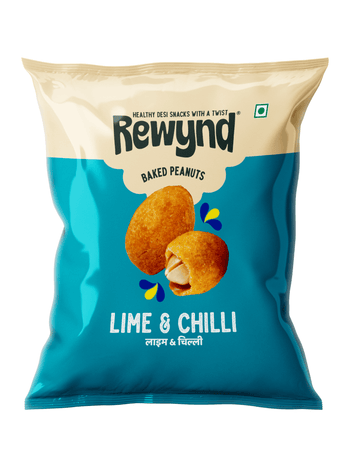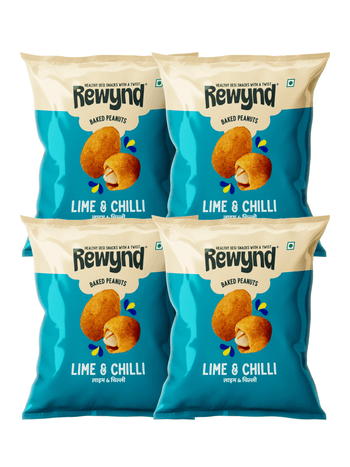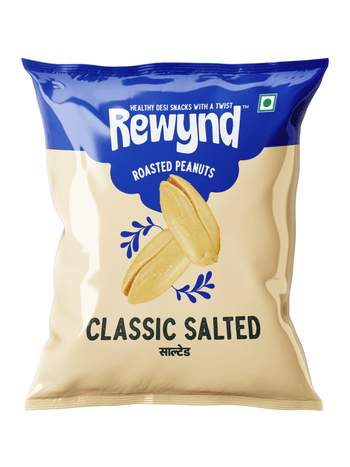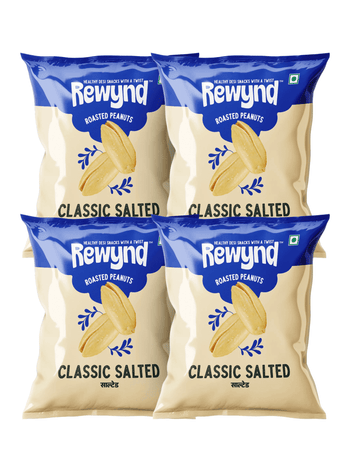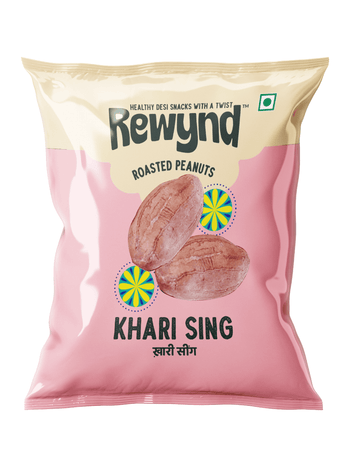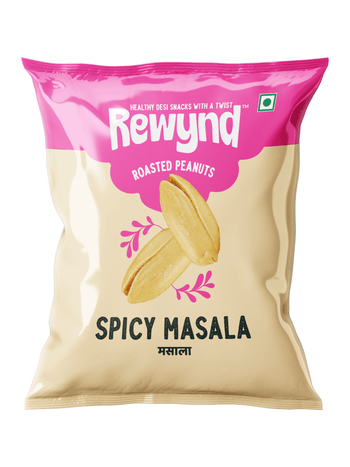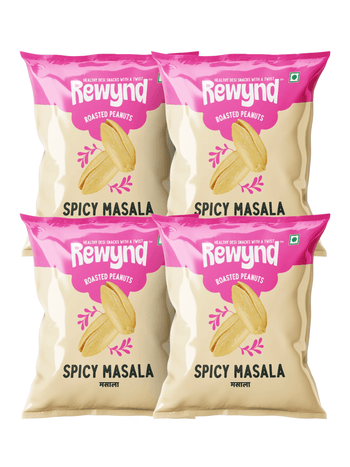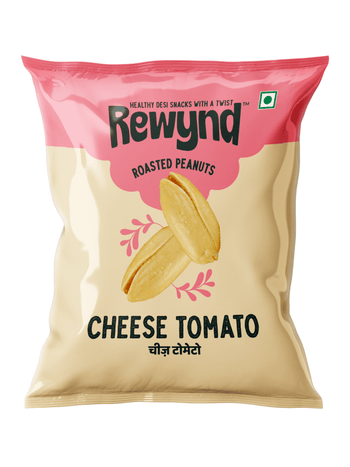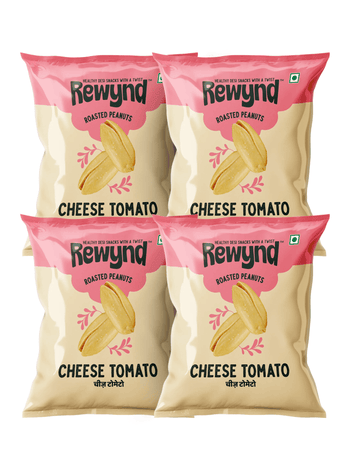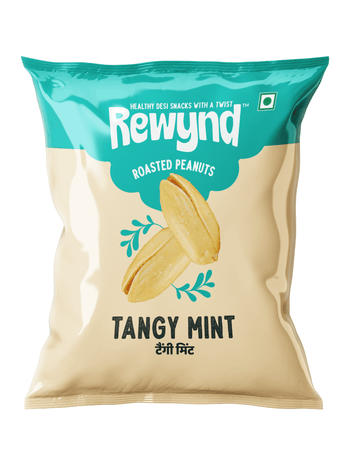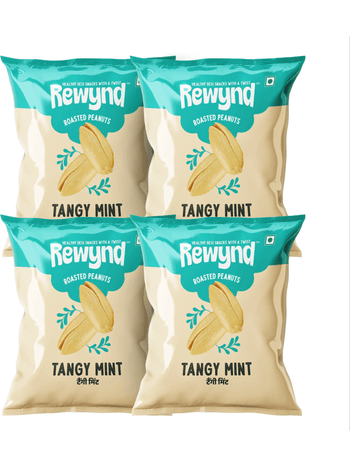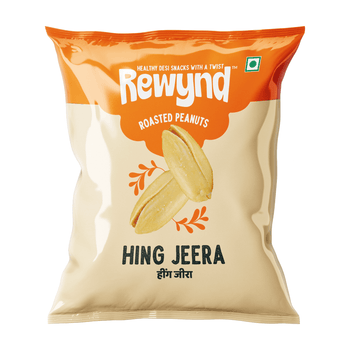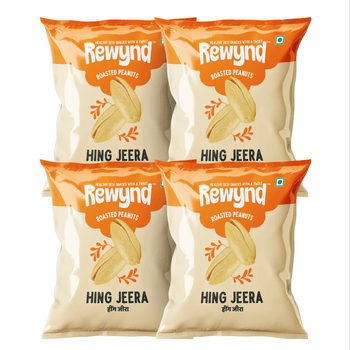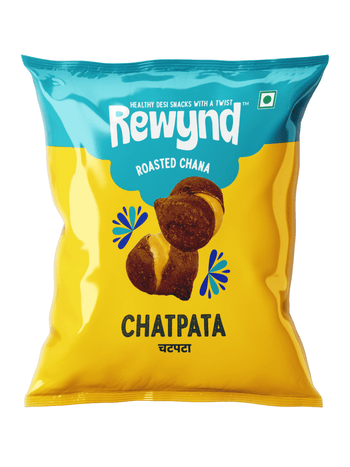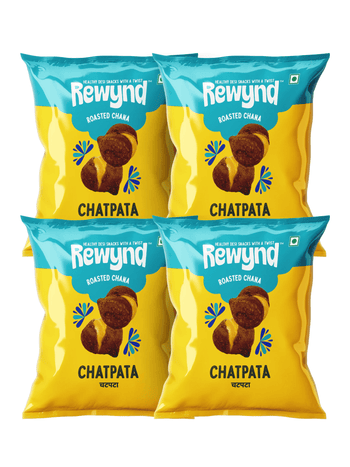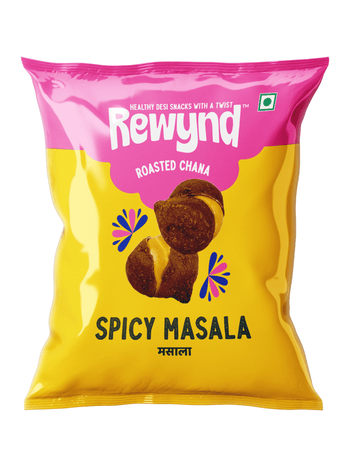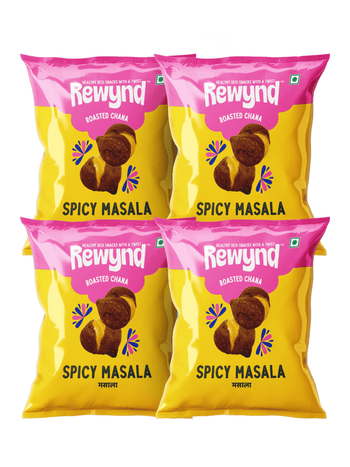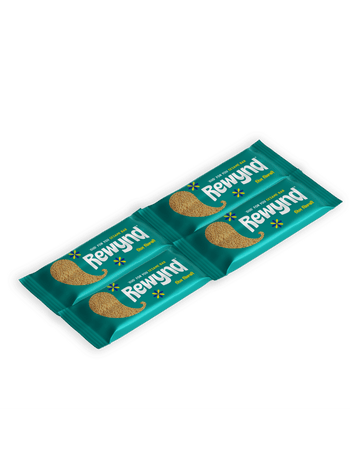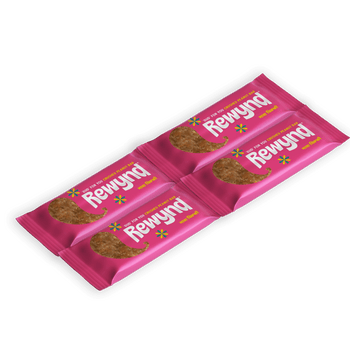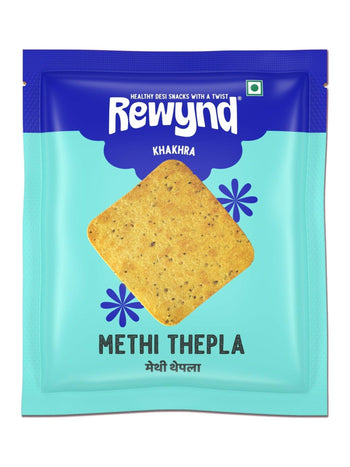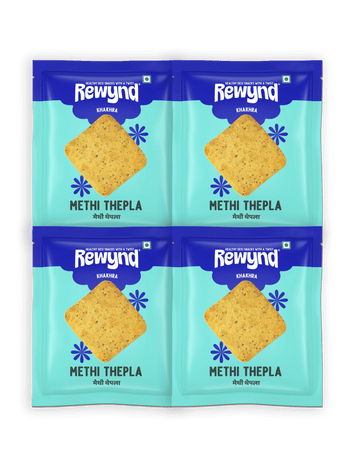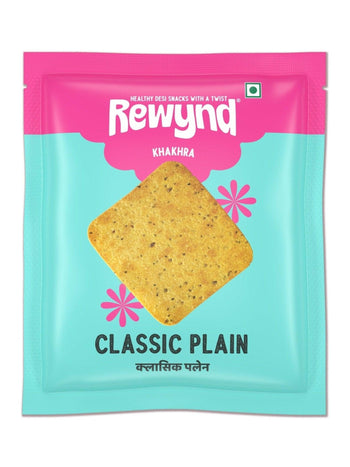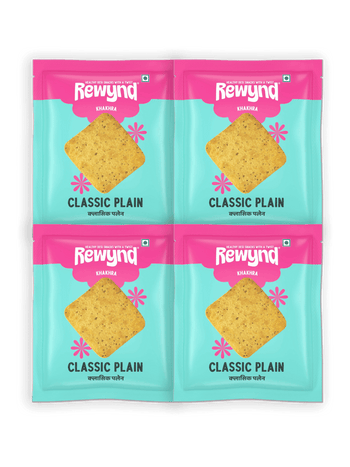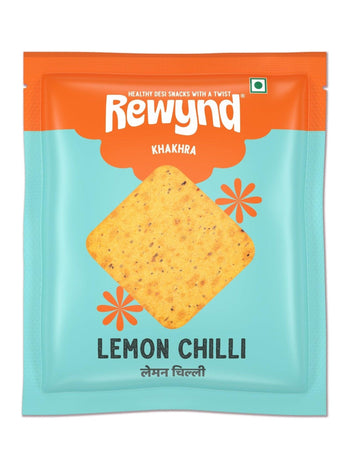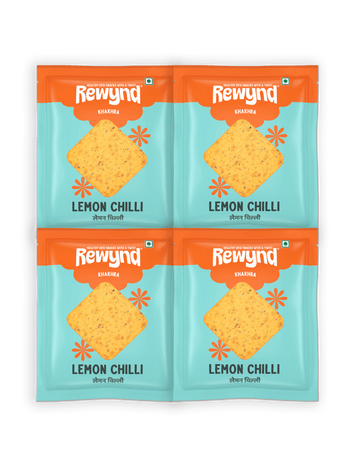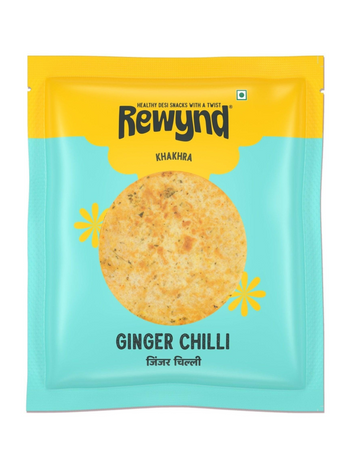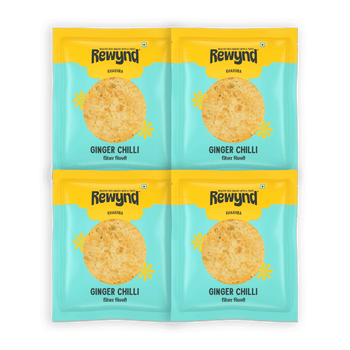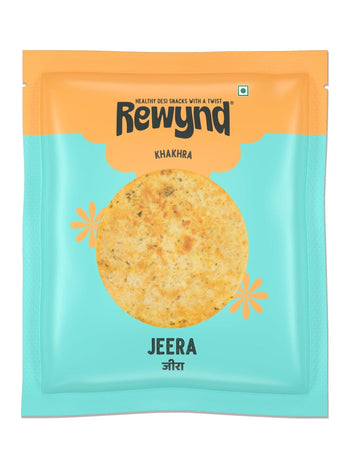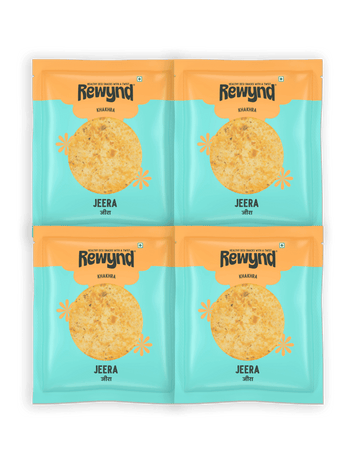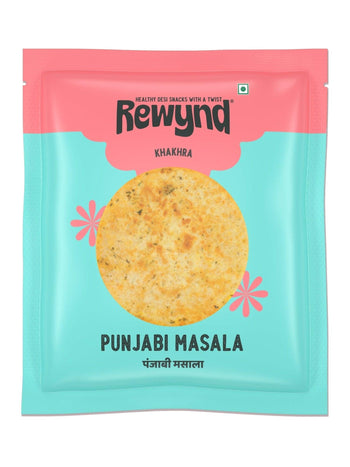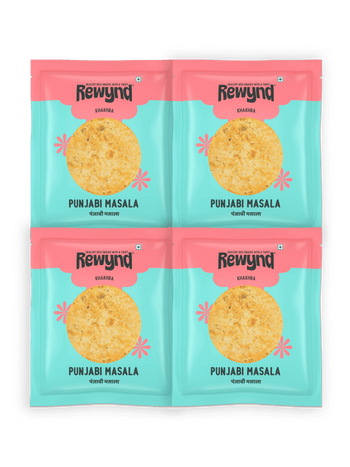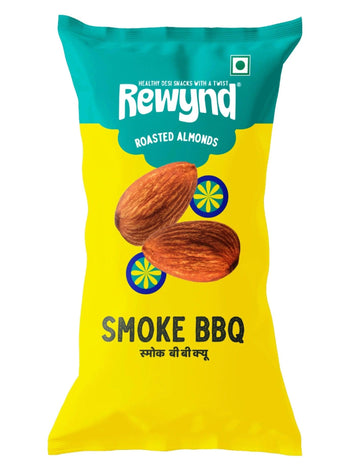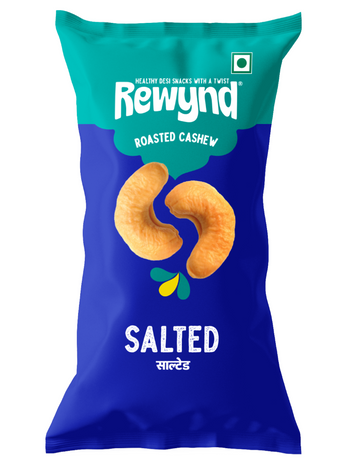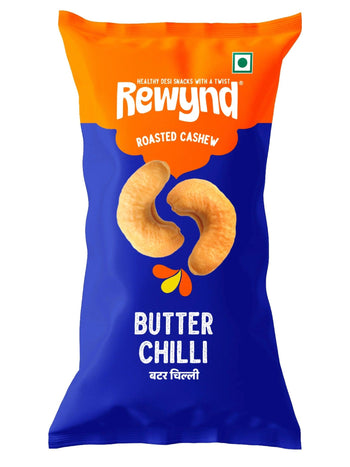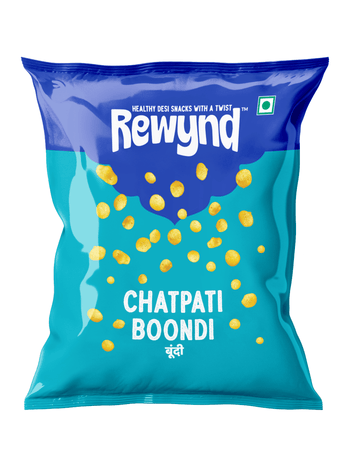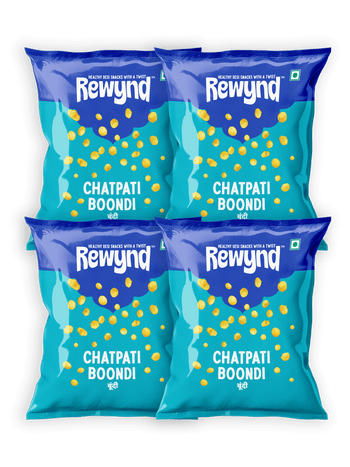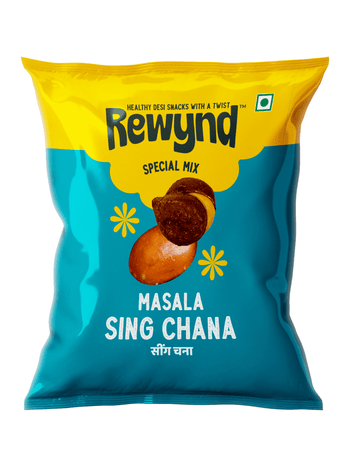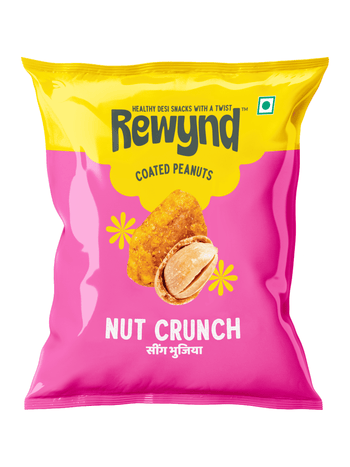Our genes often feel like a predetermined script, dictating everything from our appearance to our health. However, emerging research in epigenetics reveals that our diet can influence this script, altering how our genes express themselves. This concept, known as the DNA diet, suggests that what we eat doesn't just fuel our bodies—it can also shape our genetic destiny. In this blog, we'll explore how diet and DNA are interconnected, how certain foods can damage or repair our DNA, and how understanding this relationship empowers us to make healthier choices.
What is the DNA Diet, and How Does It Work?
- The DNA diet is a personalized approach to nutrition, based on an individual's genetic makeup.
- It involves tailoring one's diet to enhance or suppress the expression of certain genes, thereby optimizing health outcomes.
- The DNA diet aims to mitigate risks through dietary adjustments by understanding specific genetic predispositions, such as a tendency towards certain illnesses.
The Connection Between Diet and DNA
- While our DNA sequence remains unchanged, our diet can influence how genes are expressed, affecting which genes are activated or suppressed. This process, known as epigenetics, allows external factors like diet to impact our health and disease risk without altering the DNA.
- Certain foods can act as signals that turn genes on or off, influencing processes like metabolism, inflammation, and aging.
Types of DNA Diet:
There are different types of DNA diets designed to improve your overall health. They are listed below.

How Diet Contributes to DNA Damage or Repair
- Dietary Choices and DNA Damage:
- Processed Foods: High consumption of processed foods can damage DNA due to increased oxidative stress and inflammation.
- Sugars and Fats: Excess sugar and unhealthy fats contribute to forming harmful molecules called free radicals, which can damage DNA.
- Dietary Choices and DNA Repair:
- Antioxidant-Rich Foods: Foods like nuts, and leafy greens are high in antioxidants, which help neutralize free radicals and support DNA repair.
- Rewynd Snacks: Opting for healthier snack options, such as Rewynd’s roasted nuts and seeds, can provide essential nutrients that protect and repair DNA, offering a tasty way to nourish your genes.
Long-Term Effects of Diet on DNA and Overall Health
- Positive Effects:
- A balanced diet rich in whole foods can support DNA repair, reduce the risk of chronic diseases, and promote longevity.
- Nutrients like vitamins, minerals, and antioxidants play crucial roles in maintaining DNA integrity over time.
- Negative Effects:
- Poor dietary habits, particularly diets high in processed foods and low in nutrients, can lead to cumulative DNA damage, increasing the risk of cancer, cardiovascular disease, and other health issues.
How Specific Nutrients Alter Gene Expression
- Vitamins and Minerals:
- Folate, found in leafy greens, and vitamin D from foods and sunlight can affect how our genes work. They help our cells function correctly and lower the risk of diseases.
- Polyphenols and Omega-3 Fatty Acids:
- Found in foods like nuts and seeds these compounds help regulate genes involved in inflammation and metabolism, promoting overall health.
Can Food Choices Influence Genetic Predispositions?
- Yes, Food Choices Can Influence Genetic Predispositions:
- While we can't change our genetic code, we can influence how these genes are expressed through diet.
- For instance, individuals with a family history of heart disease can reduce their risk by consuming a heart-healthy diet rich in omega-3 fatty acids and low in trans fats.
Empowering Healthier Choices Through DNA Awareness
- Understanding the relationship between food and DNA empowers individuals to take control of their health:
- By making informed dietary choices, you can positively influence your gene expression, reducing the risk of genetic predispositions manifesting as health issues.
- Awareness of how your diet impacts your DNA encourages a more thoughtful approach to food, focusing on whole, nutrient-rich options that support long-term health.
Wondering how to make your diet healthier? Here are the tips to make your diet healthier.
Concluding Lines:
In the evolving landscape of nutrition science, the connection between diet and DNA is a game-changer. Your genetic code might set the stage, but your dietary choices are crucial in how the story unfolds. By embracing the principles of a DNA diet, you can take proactive steps to protect, repair, and even enhance your genetic health. And remember, while your DNA might be your blueprint, your diet is the architect—so make every meal count!
And remember, while your DNA might be your blueprint, your diet is the architect. So, keep feeding those genes the good stuff—because no one wants to be stuck with a genetic hangover! 🍏🔬
